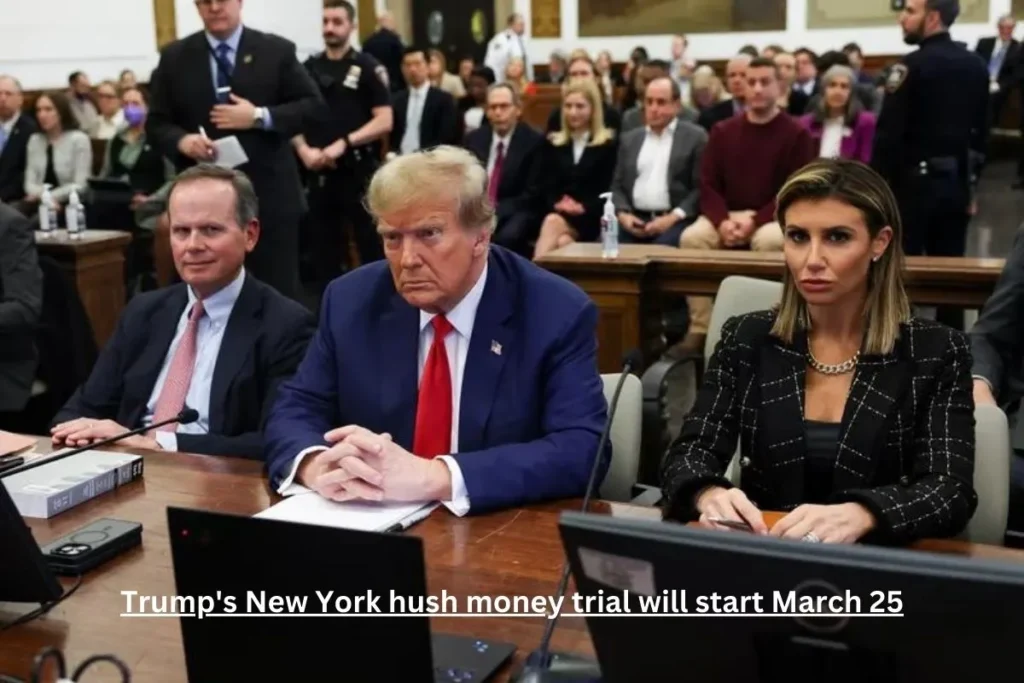Donald Trump ordered to pay over $355M for fraudulent business practices in New York
In a recent development in New York, a judge has issued a significant ruling against former President Donald Trump and key figures within the Trump Organization. They have been ordered to pay a staggering sum exceeding $364 million in connection with a civil fraud case. This legal victory is attributed to the efforts of New York Attorney General Letitia James, who initiated legal action following a comprehensive three-year investigation.
Judge Arthur Engoron’s decision, handed down on Friday, mandates Trump and his flagship organization to bear the brunt of this financial penalty, with a substantial portion amounting to almost $355 million. Trump’s sons, Eric Trump and Donald Trump Jr., who were co-defendants in the case, are individually accountable for $4 million each, while a former Trump Organization executive, Allen Weisselberg, faces a liability of $1 million. Including interest, the total sum exceeds $450 million.
In his court filing, Judge Engoron criticized the defendants’ lack of contrition and highlighted their repeated actions of inflating asset values for financial gain. Trump, in response, denounced the decision as a “Complete and Total SHAM,” reiterating his claims of political bias within the justice system.

However, Attorney General Letitia James hailed the ruling as a triumph for justice, emphasizing the principle of equal accountability under the law, even for former presidents.
Additionally, the judge imposed restrictions on Trump and his associates’ business activities within New York State. They are barred from holding officer or director positions in any New York-based business and are prohibited from seeking loans for a specified period. Similar limitations apply to Trump’s sons for a shorter duration. Furthermore, two defendants, including Weisselberg, are permanently barred from financial control roles in New York corporations.
Judge Engoron underscored the court’s duty to uphold the integrity of the financial marketplace and safeguard the interests of the public.
This ruling carries significant implications for Trump, particularly as he pursues a potential presidential bid. It coincides with the scheduling of his first criminal trial, related to payments made during the 2016 election campaign.
The case revolves around allegations of fraudulent practices, with Trump and his sons accused of knowingly inflating property values over a decade to secure favorable deals. Evidence presented during the trial, including financial documents and testimonies from former associates, supported the prosecution’s claims.
Despite legal challenges, Trump’s popularity remains relatively unscathed among his supporters, with some viewing the legal battles as affirming his credentials for a possible future political contest.
In closing arguments, Trump’s legal team maintained their clients’ innocence, asserting their lack of direct involvement in the creation of fraudulent financial statements.
Witness testimonies, including those from former allies Michael Cohen and Allen Weisselberg, shed light on the intricate workings behind the alleged scheme. While Cohen admitted to manipulating asset values at Trump’s behest, Weisselberg’s memory regarding his discussions with Trump remained uncertain.
As Trump continues to navigate legal battles amidst his political aspirations, it is likely that he will pursue avenues for appeal, prolonging the resolution of this case for years to come.
I was studying some of your posts on this internet site and I conceive this web site is very instructive!
Retain putting up.Raise range